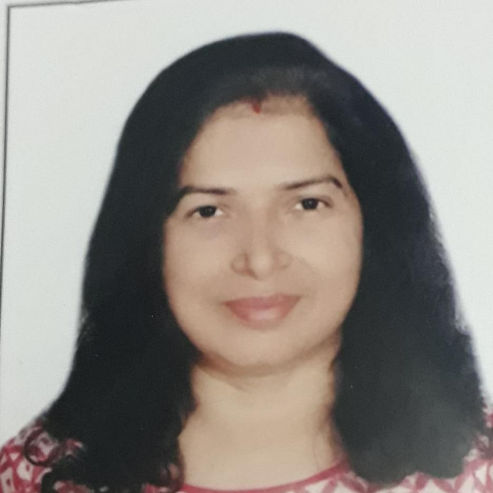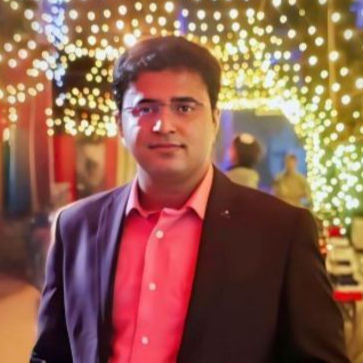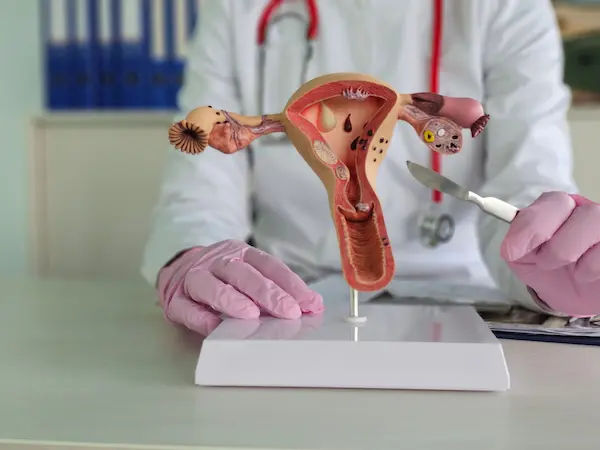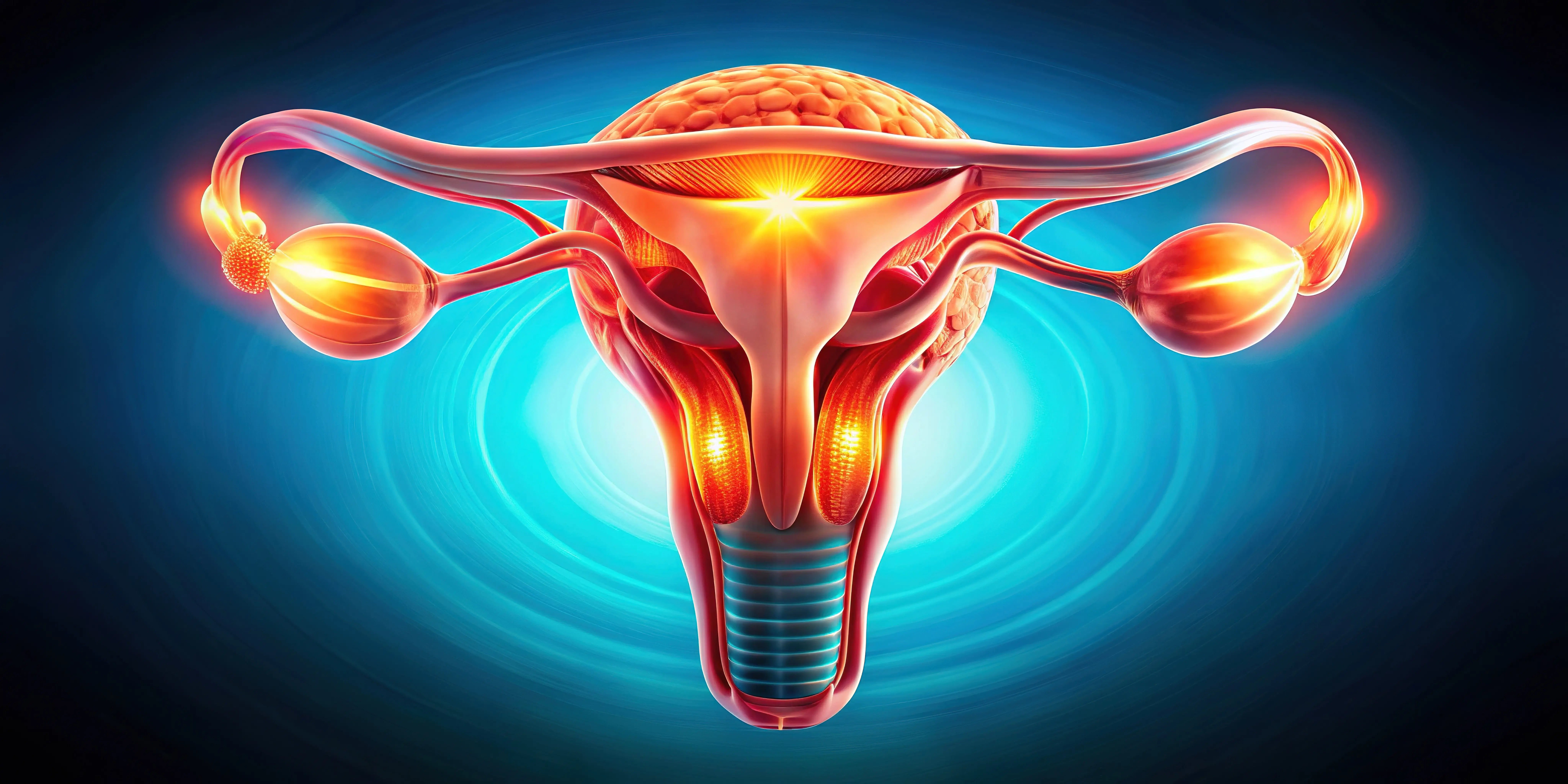Egg Retrieval After Partial Hysterectomy
Discover how egg retrieval is possible after a partial hysterectomy, the steps involved, and fertility options like egg freezing, IVF, and surrogacy.


Introduction
If you’ve had a partial hysterectomy (removal of the uterus while keeping the ovaries) and are considering egg retrieval, you may have questions about how the procedure works and whether it’s possible. This guide will explain everything in simple terms—what egg retrieval involves, how a partial hysterectomy affects fertility, and what options you have for preserving or using your eggs.
Understanding Partial Hysterectomy and Egg Retrieval
Understanding how your reproductive system functions after surgery is essential when exploring fertility options.
What is a Partial Hysterectomy?
A partial hysterectomy removes the uterus (womb) but leaves the ovaries intact. Since the ovaries remain, they continue to produce eggs and hormones like oestrogen and progesterone. However, because the uterus is gone, natural pregnancy is no longer possible.
What is Egg Retrieval?
Egg retrieval is a fertility procedure where eggs are collected from the ovaries. These eggs can be:
Frozen for future use (egg freezing)
Fertilised with sperm to create embryos (IVF)
Donated to someone else
Since you still have ovaries after a partial hysterectomy, egg retrieval is possible, but pregnancy would require a surrogate (another woman carrying the pregnancy for you).
Can You Retrieve Eggs After a Partial Hysterectomy?
Yes! If your ovaries are healthy and functioning, you can undergo egg retrieval. However, there are a few key points to consider:
No Uterus = No Natural Pregnancy: Even with healthy eggs, pregnancy would require a surrogate
Ovarian Function Matters: If you’re close to menopause or have low ovarian reserve, egg retrieval may be more challenging
Hormonal Stimulation is Needed: Just like in standard IVF, you’ll need fertility medications to stimulate egg production
Consult Top Gynaecologists For More Information
Who Might Consider Egg Retrieval After a Hysterectomy?
This option may be suitable for several groups of women.
Women who want biological children later (using a surrogate)
Cancer survivors who froze eggs before hysterectomy but want more
Those considering egg donation to help others
The Egg Retrieval Process Step-by-Step
Here’s a simple overview of the steps involved in retrieving eggs after a partial hysterectomy:
Fertility Assessment: Blood tests and ultrasounds check ovarian reserve
Ovarian Stimulation: Hormone injections help produce multiple eggs
Monitoring: Ultrasounds track egg development
Egg Retrieval: A minor surgical procedure (under sedation) collects eggs from the ovaries
Freezing or Fertilisation: Eggs can be frozen or fertilised to create embryos
Challenges and Considerations
Several factors may influence the outcome and feasibility of egg retrieval after surgery.
Surgical History: Scar tissue from a hysterectomy may complicate egg retrieval
Hormonal Changes: If the ovaries were affected during surgery, egg production may be lower
Cost: Egg retrieval and surrogacy can be expensive
Alternative Options
If egg retrieval isn’t possible or preferred, there are still viable paths to parenthood.
Using previously frozen eggs/embryos
Egg donation (using another woman’s eggs)
Adoption or foster care
Next Steps
If you’re considering egg retrieval after a hysterectomy, consult a fertility specialist to discuss your options. Apollo Fertility offers expert guidance and advanced treatments tailored to your needs.
Conclusion
While a partial hysterectomy means you can’t carry a pregnancy, egg retrieval is still possible if your ovaries are functioning. With advancements in fertility treatments, many women successfully use surrogacy to have biological children. Always seek personalised medical advice to make the best decision for your health and family goals.
Consult Top Gynaecologists
Consult Top Gynaecologists For More Information

Dr. Mona Yadav
Obstetrician and Gynaecologist
19 Years • MBBS, MD (Obstetrics & Gynaecology)
Dombivli
Nulife multispeciality, Dombivli
Dr. K Anusha
Obstetrician and Gynaecologist
4 Years • MBBS, DGO
Yemmiganur
SRINIVASAA HOSPITAL, Yemmiganur

Dr. Parul Sharma
Obstetrician and Gynaecologist
8 Years • MBBS, MS (Obstetrics & Gynaecology)
New Delhi
THE DOCTORS NESST, New Delhi

Dr. Asha Rani Singh
Obstetrician and Gynaecologist
24 Years • MBBS DGO
Delhi
Dr Asha Rani Singh Clinic, Delhi

Dr. Debajyoti Goswami
Obstetrician and Gynaecologist
10 Years • MBBS,D.G.O(DNB),Adv. Infertility Tech.(AIIMS),Fellowship in Diabetes(U.K),Comprehensive Abortion Care(Govt. Of W.B), Certificate in Clinical Embryology(AIIMS, BHUBANESWAR)
Bankura
D.G Clinic, Bankura
(25+ Patients)
Consult Top Gynaecologists

Dr. Mona Yadav
Obstetrician and Gynaecologist
19 Years • MBBS, MD (Obstetrics & Gynaecology)
Dombivli
Nulife multispeciality, Dombivli
Dr. K Anusha
Obstetrician and Gynaecologist
4 Years • MBBS, DGO
Yemmiganur
SRINIVASAA HOSPITAL, Yemmiganur

Dr. Parul Sharma
Obstetrician and Gynaecologist
8 Years • MBBS, MS (Obstetrics & Gynaecology)
New Delhi
THE DOCTORS NESST, New Delhi

Dr. Asha Rani Singh
Obstetrician and Gynaecologist
24 Years • MBBS DGO
Delhi
Dr Asha Rani Singh Clinic, Delhi

Dr. Debajyoti Goswami
Obstetrician and Gynaecologist
10 Years • MBBS,D.G.O(DNB),Adv. Infertility Tech.(AIIMS),Fellowship in Diabetes(U.K),Comprehensive Abortion Care(Govt. Of W.B), Certificate in Clinical Embryology(AIIMS, BHUBANESWAR)
Bankura
D.G Clinic, Bankura
(25+ Patients)




